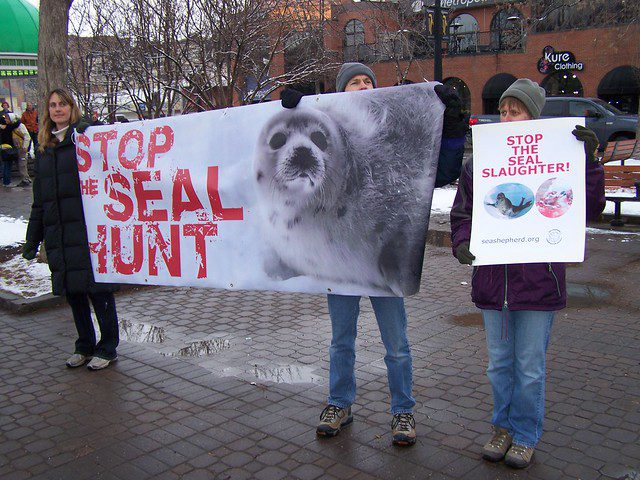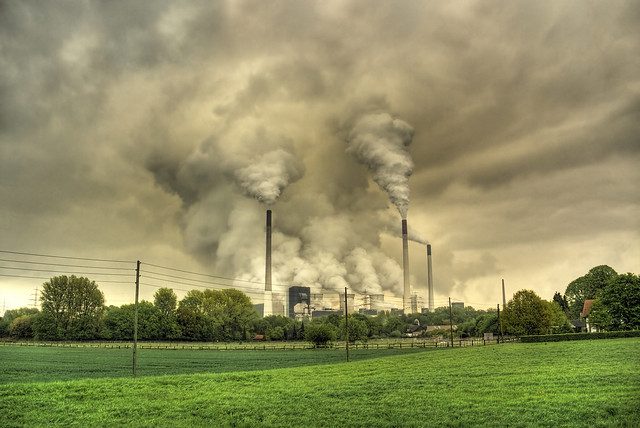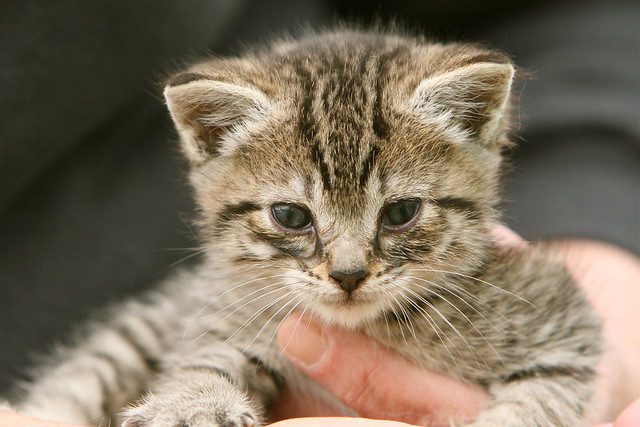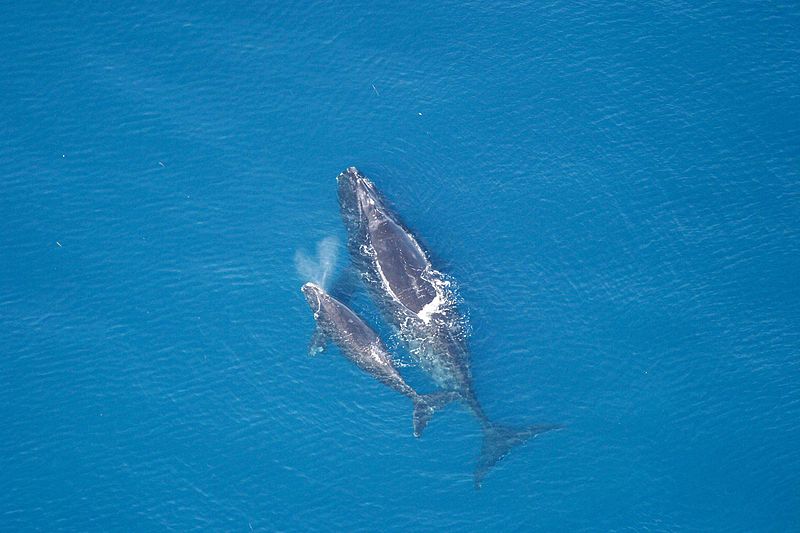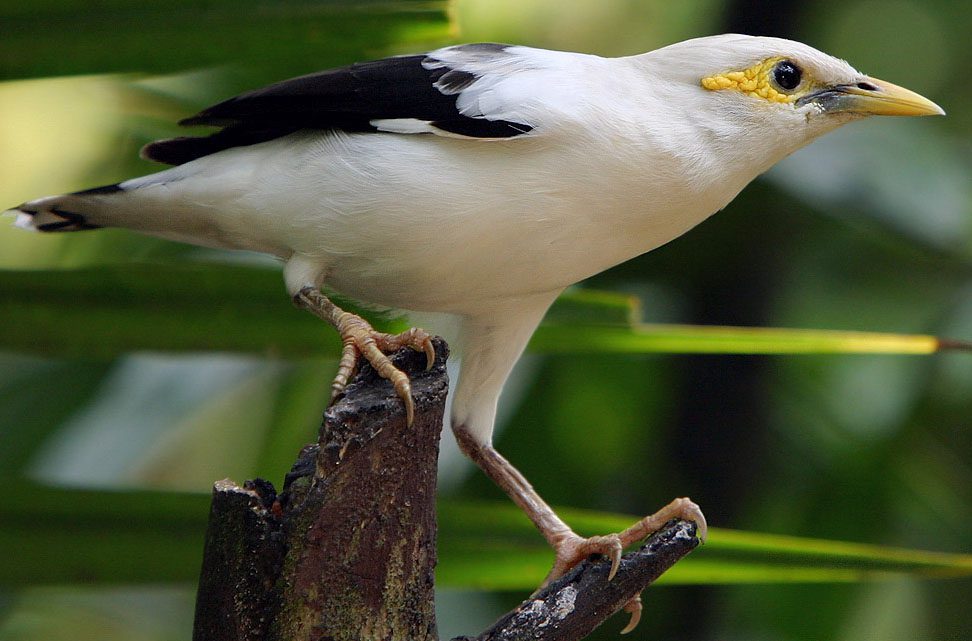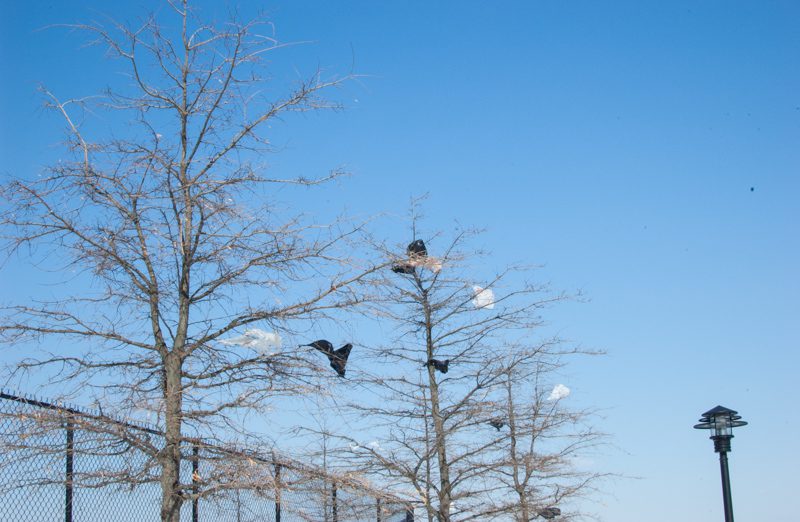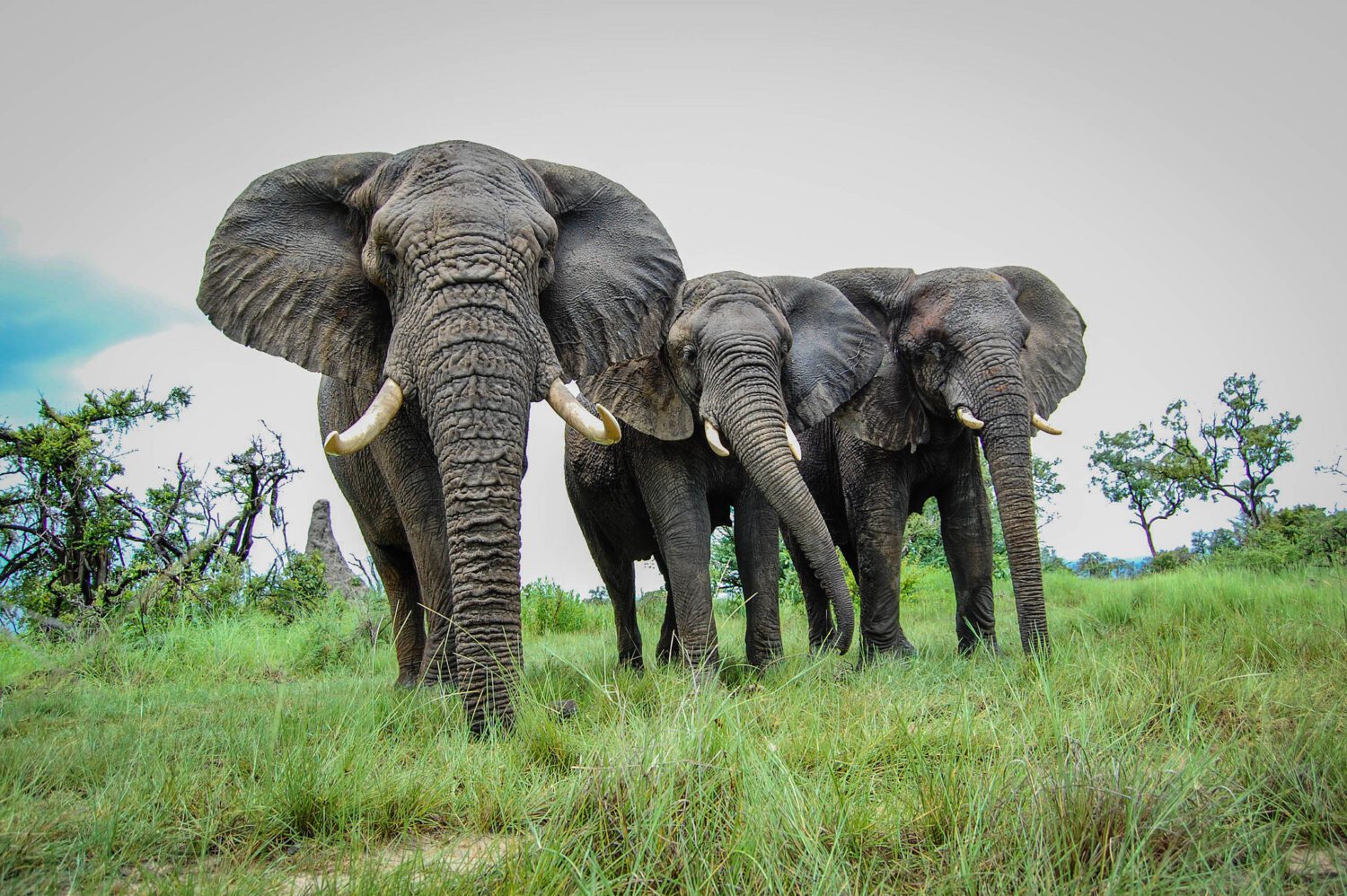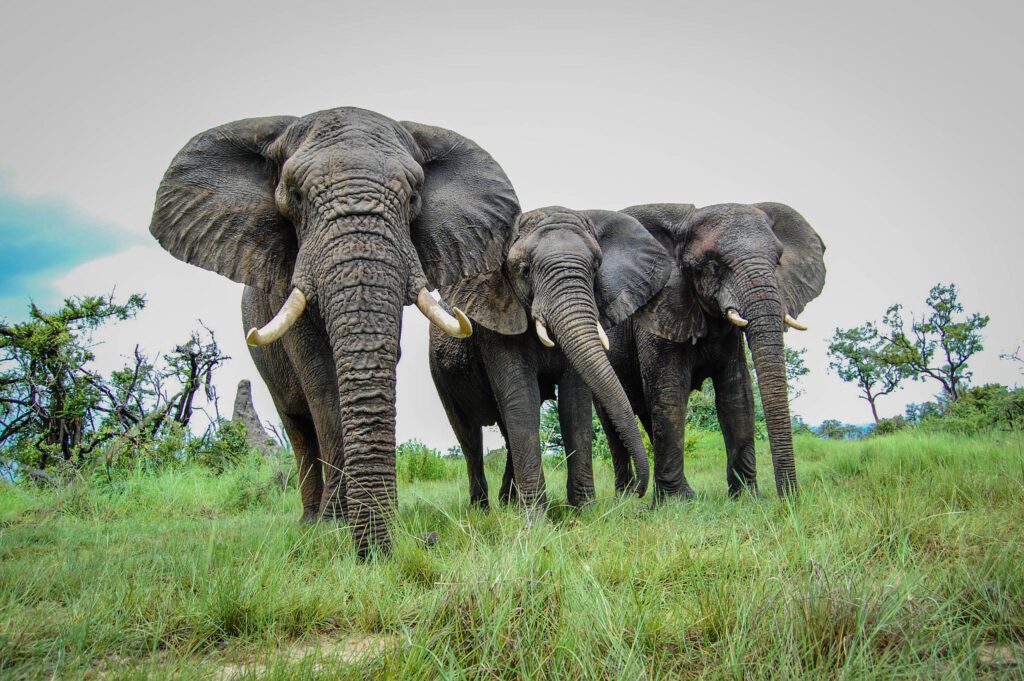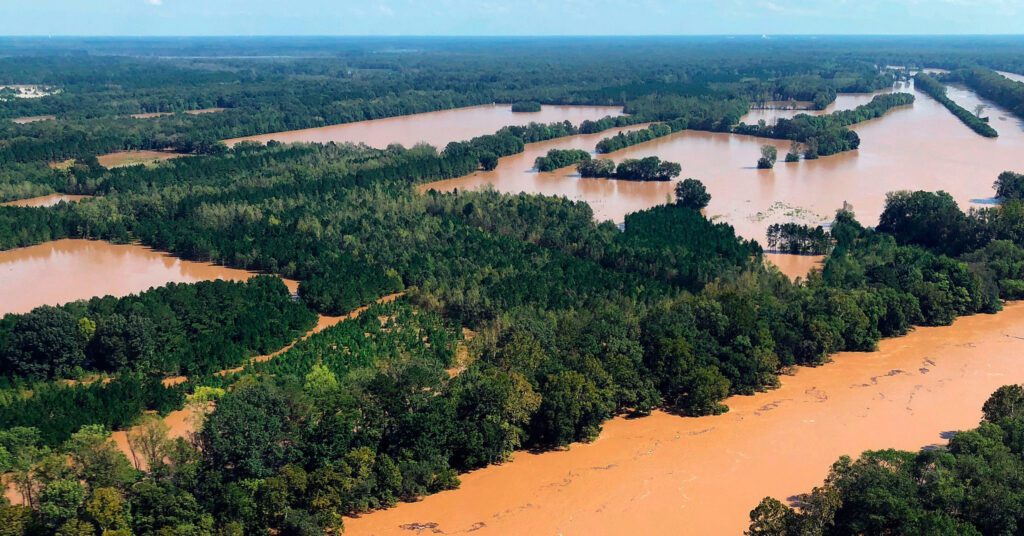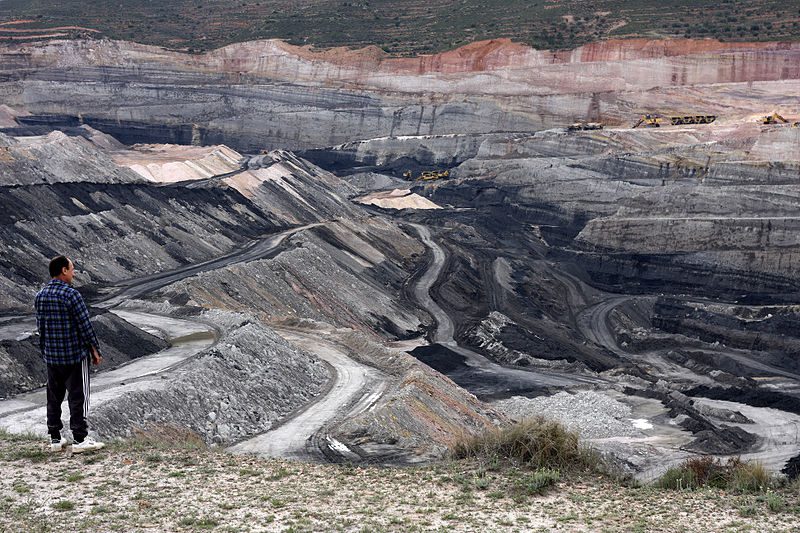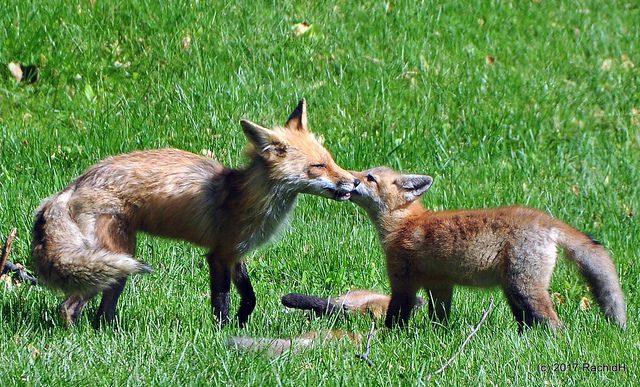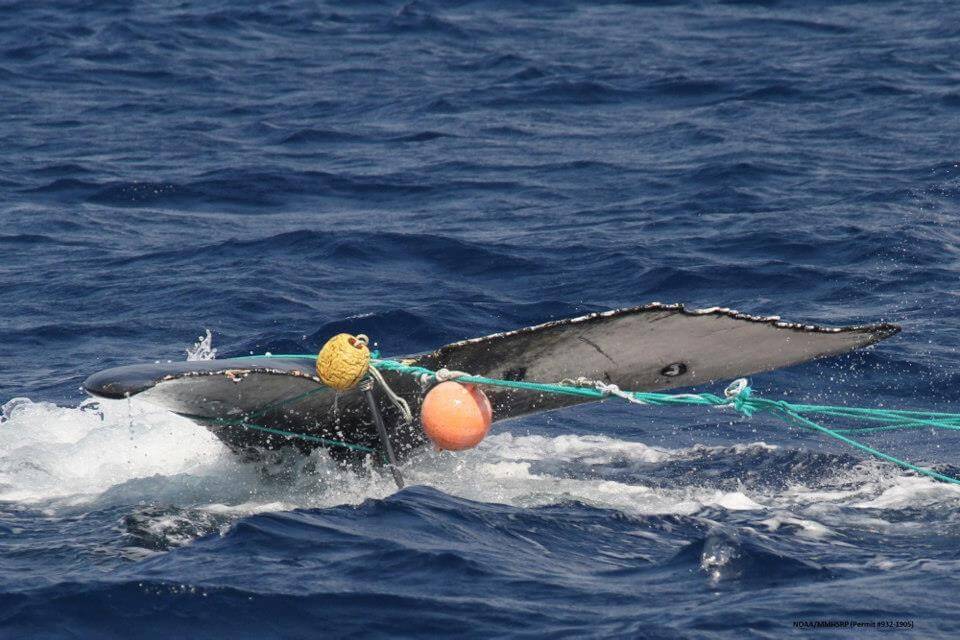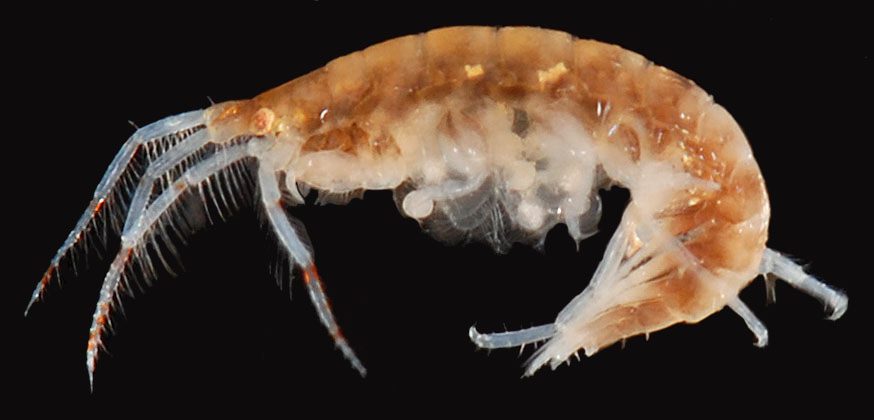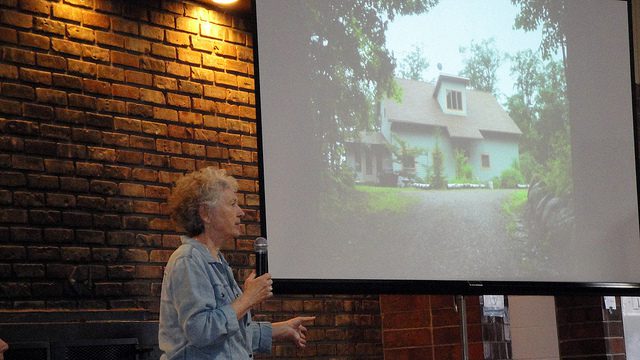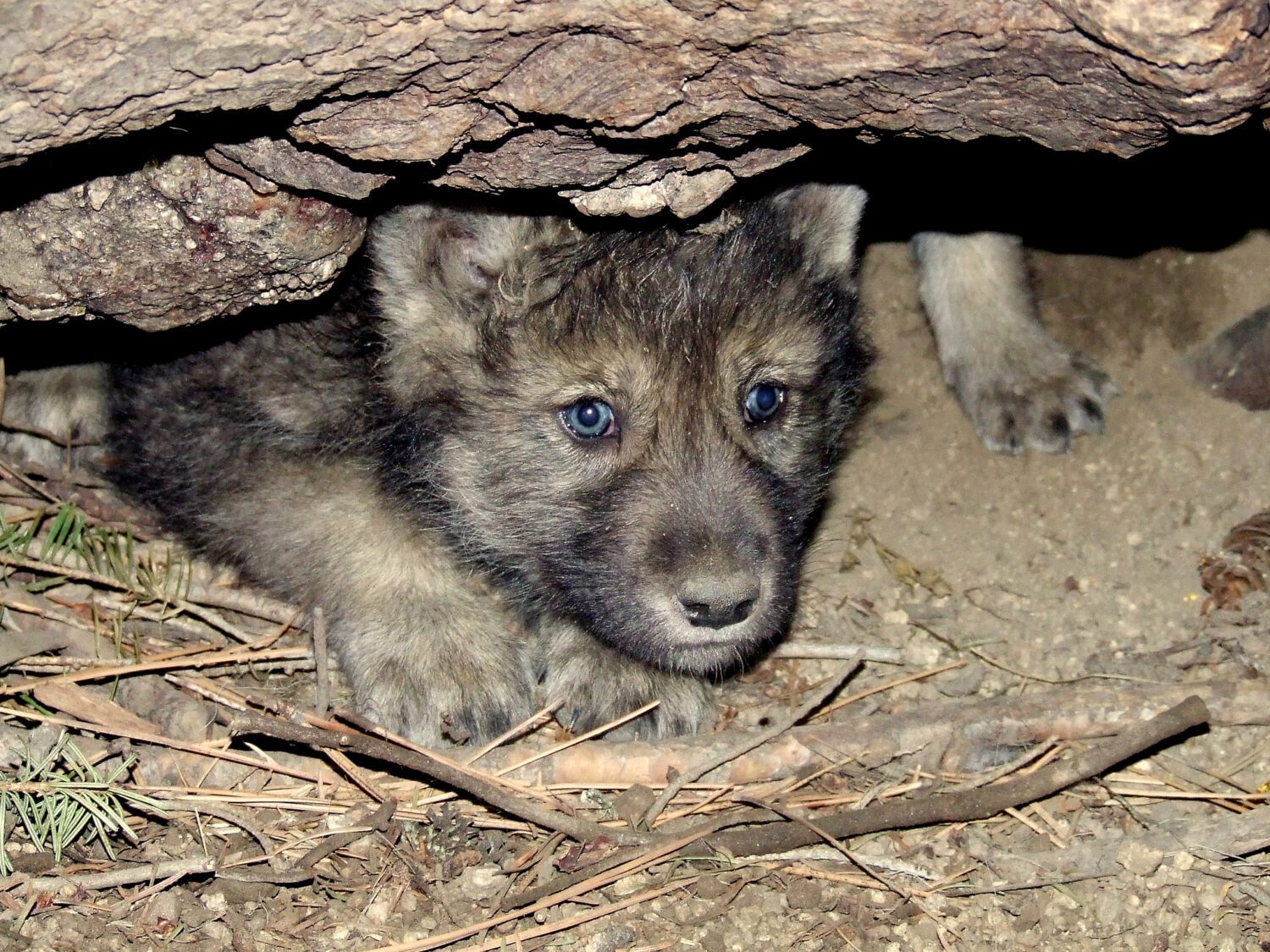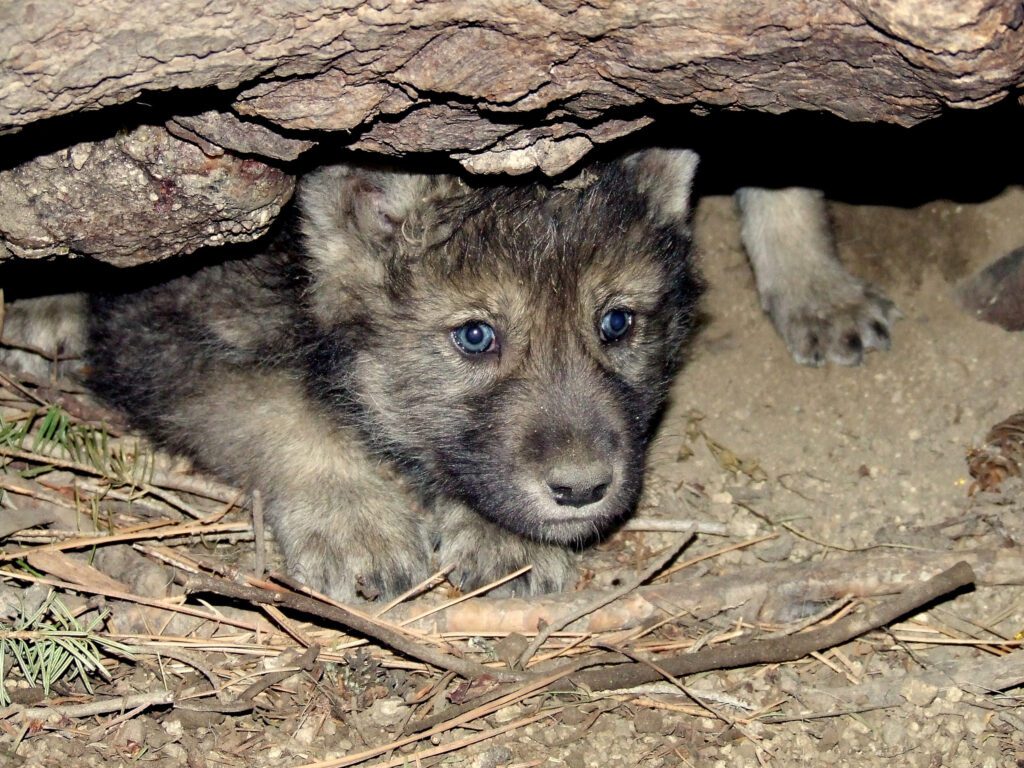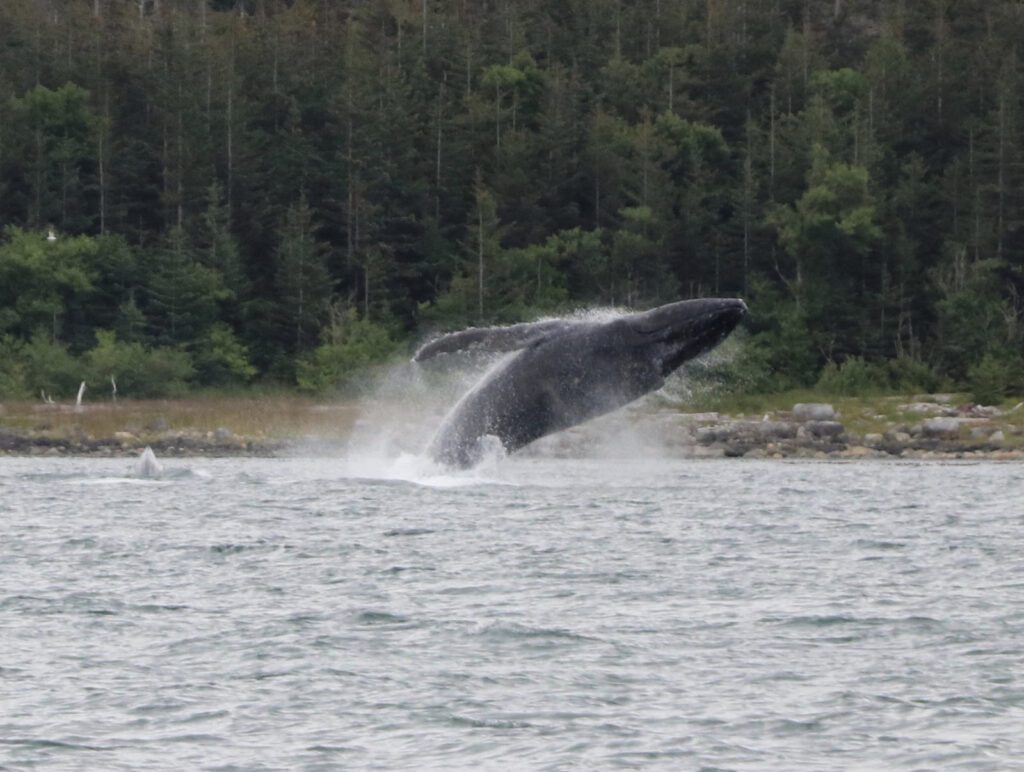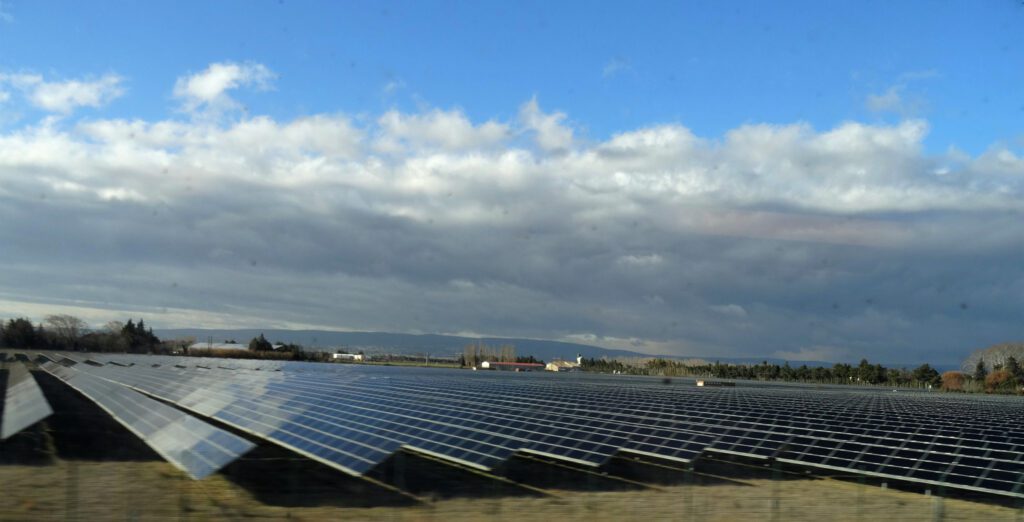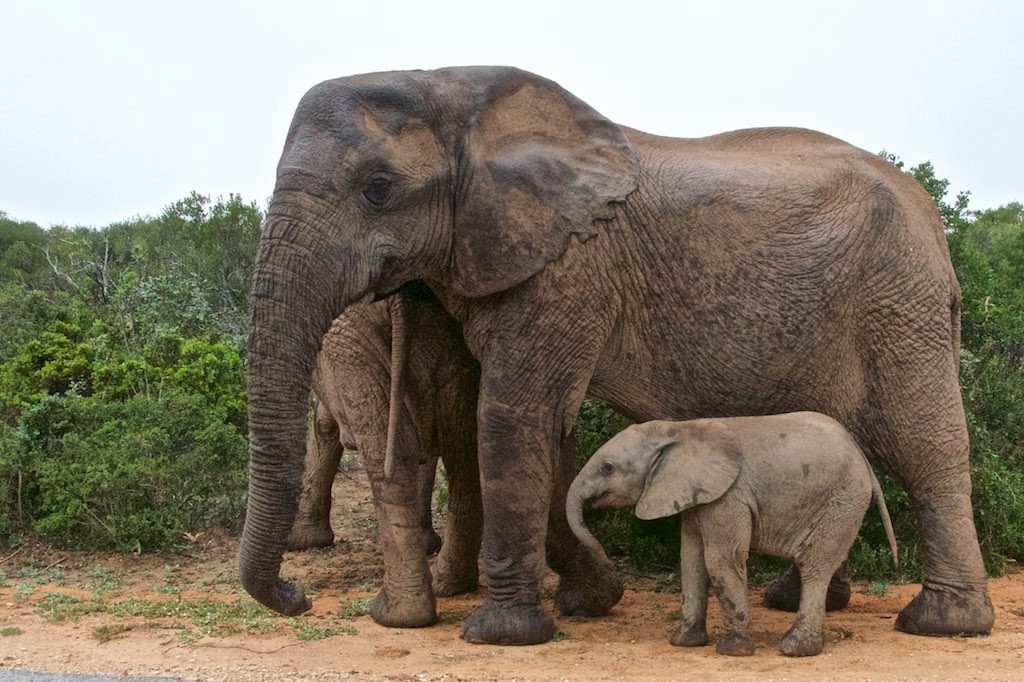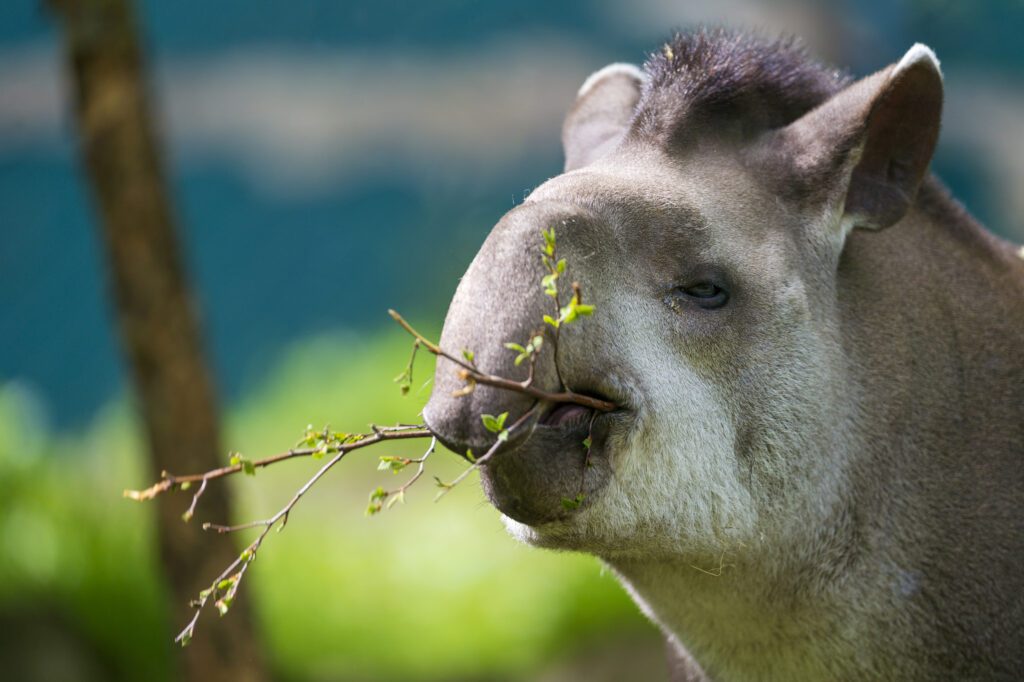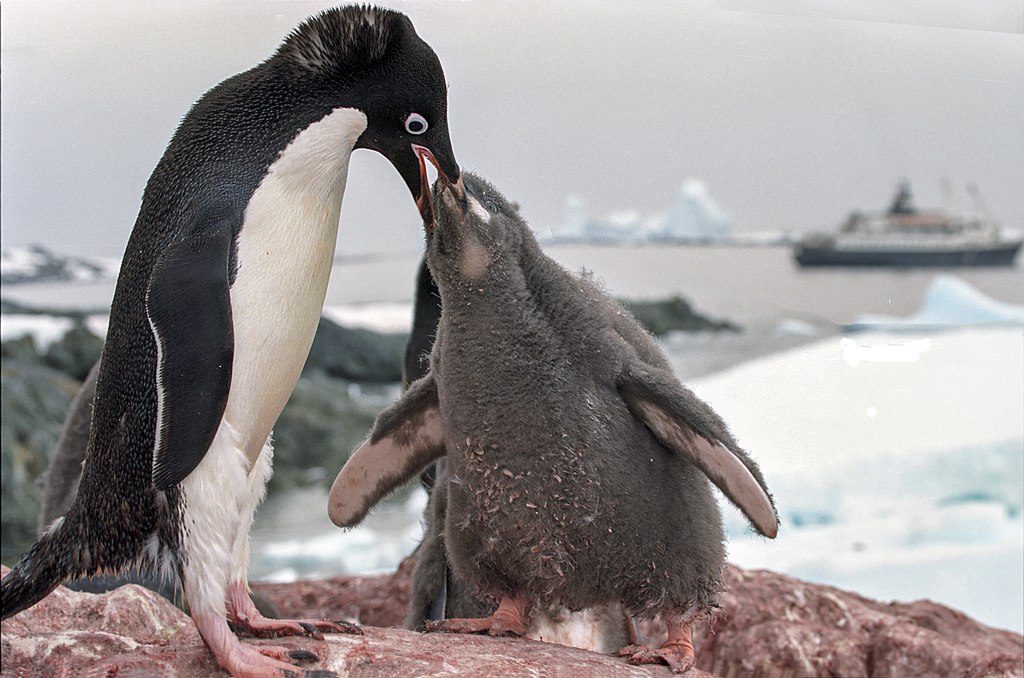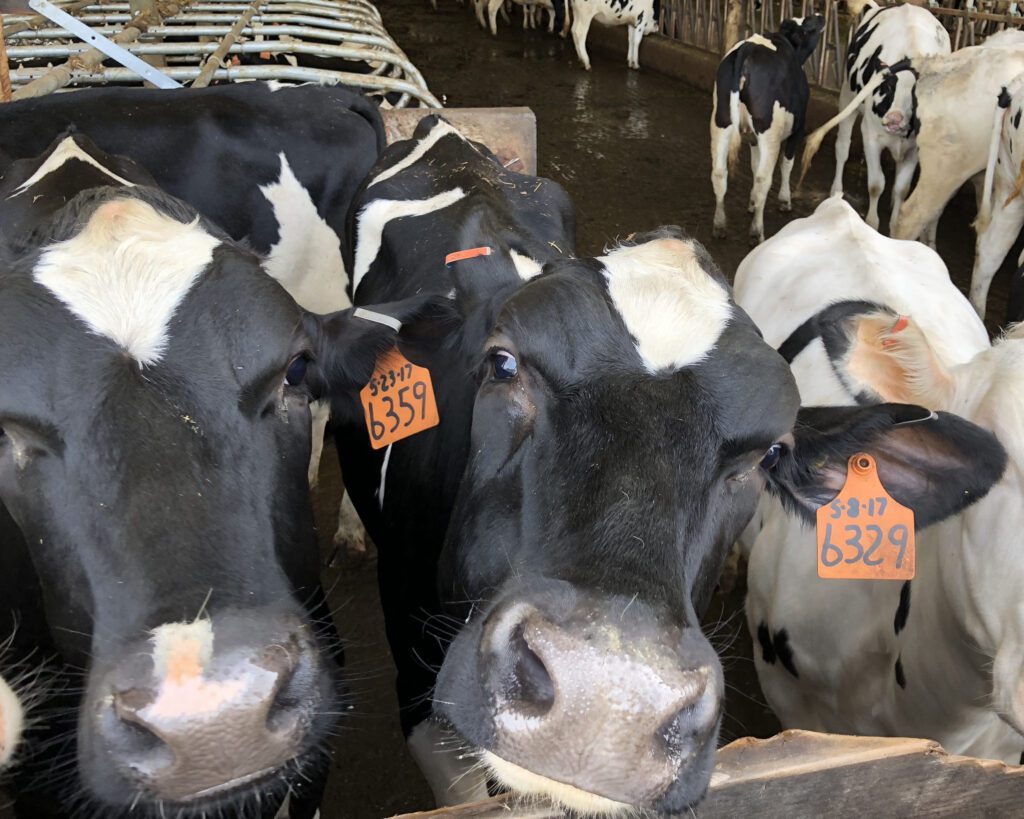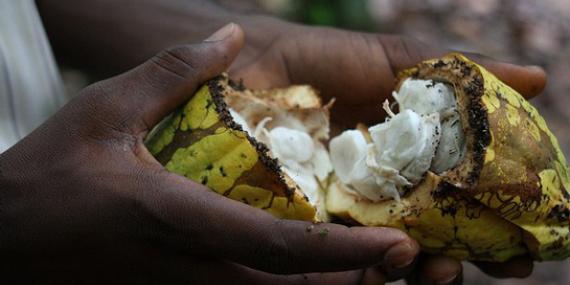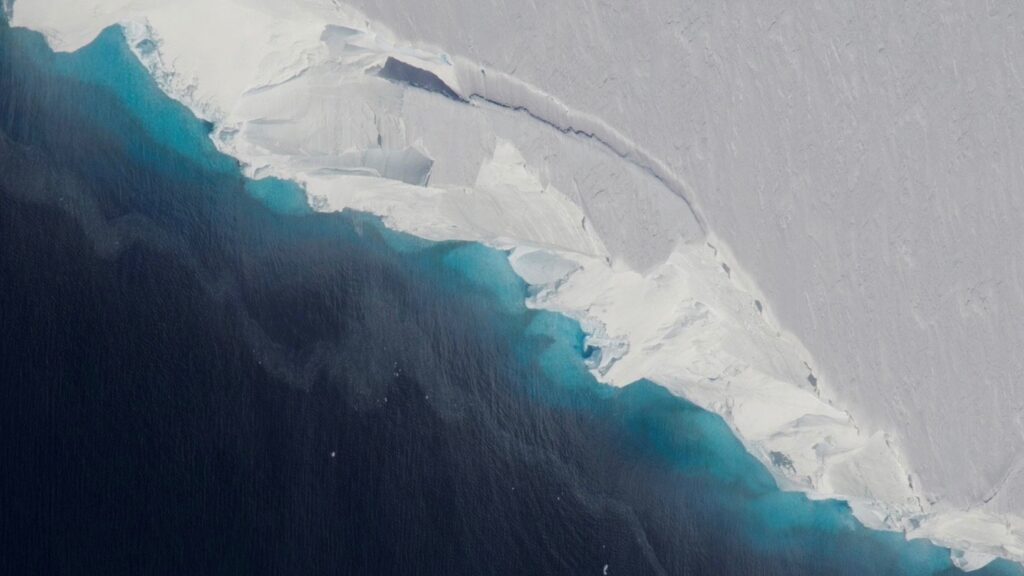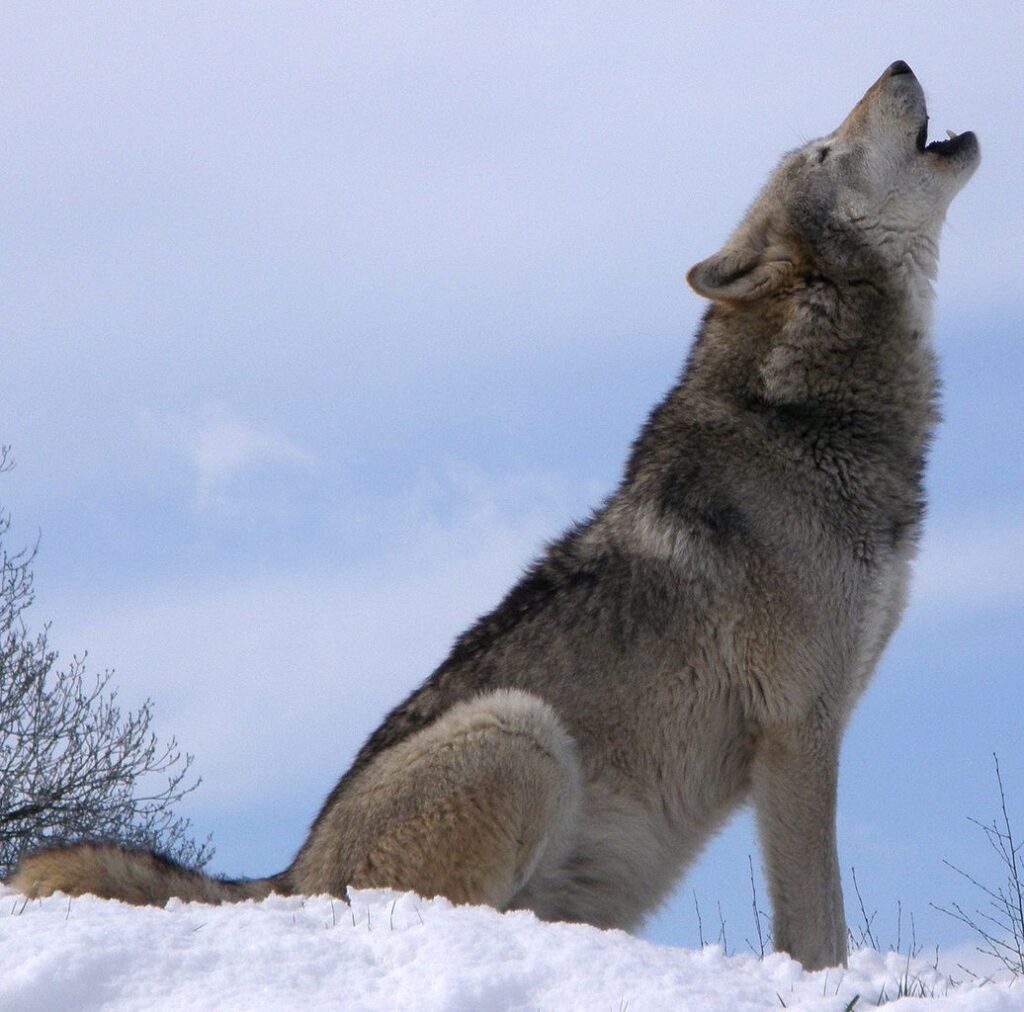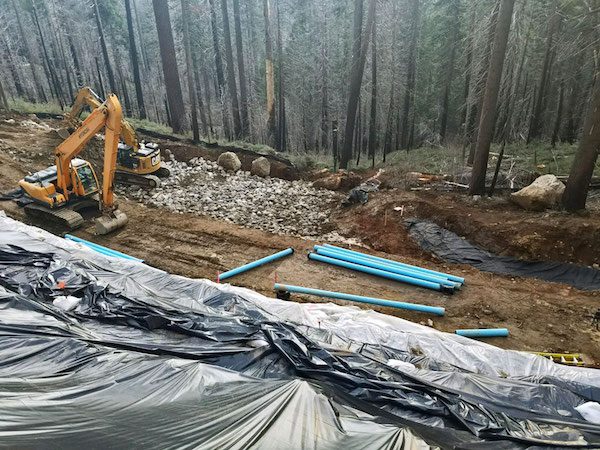


Pew Charitable Trusts: The U.S. National Park System contains some of the nation’s greatest natural, cultural and recreation treasures that have become beloved destinations for millions of Americans and international visitors. As a result, parks are also a major economic engine for adjacent communities, generating over $18 billion for local economies each year and more than 306,000 jobs annually. Sadly, aging infrastructure, visitor pressures and a history of inconsistent congressional funding has led to nearly $12 billion backlog of repairs. These include crumbling roads and bridges; rotting historic buildings; impassable hiking trails; and deteriorating electrical, water and sewage systems. If unaddressed, these repair needs could threaten visitor access and safety. Bipartisan legislation has recently been introduced in the U.S. Senate and House of Representatives to provide dedicated funds to address priority maintenance needs within our parks and on public lands.
>>>Urge your members of Congress to support The Restore Our Parks Act (S. 500) and the Restore Our Parks and Public Lands Act (H.R. 1225).
American Heart Association: Children and teens in the United States drink more than 30 gallons of sugary drinks every year, including sports drinks, fruit-flavored drinks and sodas. In March, the American Academy of Pediatrics and American Heart Association announced a set of policy recommendations designed to reduce kid’s consumption of sugary drinks—like sugary drink taxes and less marketing to children.
>>>Urge your representatives to support policies to reduce kids’ sugary drink consumption.
Care2: Every year, hundreds of thousands of animals are forced to endure cruel testing procedures by cosmetics companies. Yes, it’s hard to believe, but many cosmetics companies still test on animals prior to releasing products to the market. Animals are rubbed with chemicals to check for irritation and forced to ingest large quantities of chemicals to determine what constitutes a “lethal dose.” And when the animals are no longer needed, they are killed. Thankfully, some American states have made headway in banning the practice. California, New York, New Jersey and Virginia have each banned animal testing for cosmetics, sending a strong message to cosmetic manufacturers that animal testing is not OK. Unfortunately, animals can still be used for testing in the rest of the country.
>>>46 states still allow animal testing for cosmetics: Sign the petition to support a nationwide ban.
Humane Society of the United States: An undercover investigation has exposed heartbreaking realities for bunnies in Petland, one of the country’s largest chains of pet stores. The investigation revealed a disturbing lack of concern for the rabbits’ health or safety. There was no veterinary care that investigators could see for any of the rabbits. In the store, sick rabbits were left to die and then stuffed in bags and put in the freezer. The undercover investigator found 14 dead rabbits in Petland’s freezer on a single day in January 2019 alone. One employee stated on hidden camera, “There’s nothing we can do because they don’t get checked by a vet. We just let them die.” Also uncovered was a connection between Petland and a rabbit mill where about 200 rabbits were packed into filthy cages. When an investigator asked an employee about the rabbit breeder, the employee said they came from a good place where the rabbits were treated nicely. This couldn’t be further from the truth.
>>>Demand that Petland makes the right decision and stops selling bunnies, kittens and puppies in their stores.
Cause for concern…
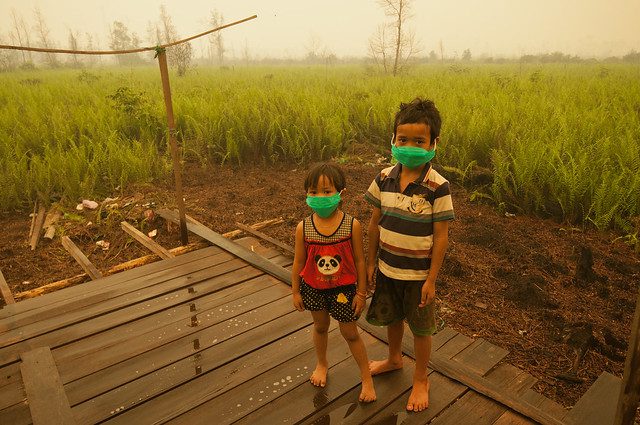
- Toxic air will shorten children’s lives by 20 months,
study reveals (Fiona Harvey, The Guardian) - This oil spill has been leaking into the Gulf for 14 years (Tegan Wendland, NPR)
- Amphibian ‘apocalypse’ caused by most destructive pathogen ever (Michael Greshko, National Geographic)
- 23 images that show how much we’ve reshaped planet Earth over the last century (Erin Brodwin and Aylin Woodward, Business Insider)
- Interior nominee intervened to block report on endangered species (Eric Lipton, New York Times)
Round of applause…
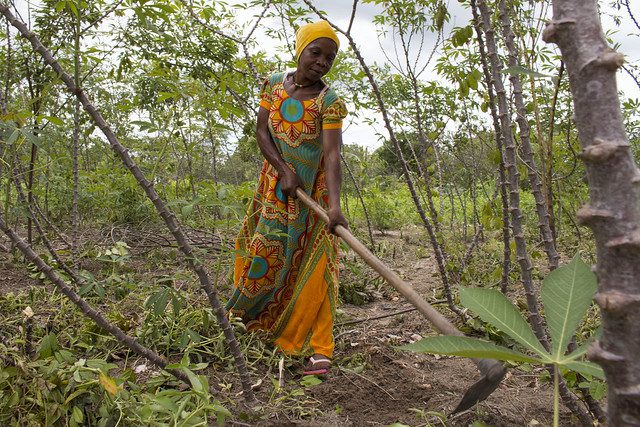
- How giving more women a seat at the table could help save the environment (Meera Jagannathan, Marketwatch)
- After nearly 68,000 people signed a petition, Ndume the gorilla is finally moving to an accredited facility (PETA)
- Gaza zoo animals evacuated to Jordan by Four Paws group (BBC News)
- How an ecologist is working with local communities to plan for the future (Leila Nilipour, Smithsonian)
- Australia animal activists shut down streets and storm slaughterhouses (Joshua Berlinger, CNN)
Parting thought…
“The ultimate test of man’s conscience may be his willingness to sacrifice something today for future generations whose words of thanks will not be heard.” —Gaylord Nelson
